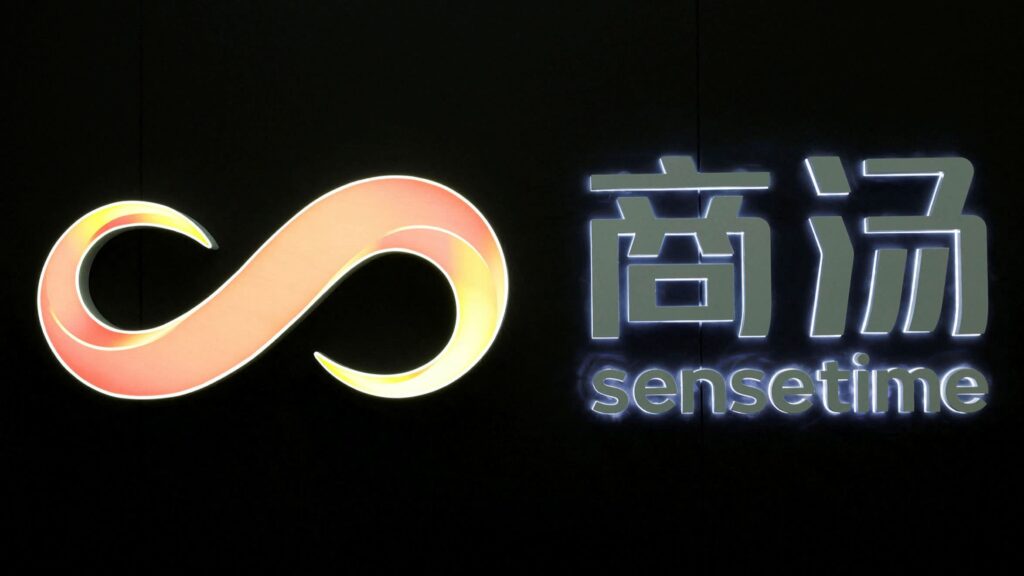SenseTime: US blacklist threatens to stunt growth of China’s biggest AI company


SenseTime’s facial recognition software is credited as the first to beat the human eye. Since that breakthrough seven years ago, China’s largest artificial intelligence company has developed an impressive array of products. The loss of an important source of funding due to US-China tensions threatens to derail its growth.
The US has put SenseTime on an investment blacklist, just as it was due to price its Hong Kong listing. Washington says SenseTime enables human rights abuses against Muslim Uyghurs in Xinjiang.
The move should delay the company’s initial public offering, which was expected to generate broad interest from global investors. After all, SenseTime has a new risk to acknowledge.
Cutting-edge technology, including medical image analysis, video analysis and autonomous driving tools, have extensive commercial uses. SenseTime reached a private valuation of $10bn in its previous funding round. Backers include Chinese ecommerce group Alibaba, US chipmaker Qualcomm’s venture arm, Japan’s SoftBank and asset manager Fidelity International. It has been a beneficiary of the pandemic too. Its facial recognition technology has been widely used to identify masked faces and take temperatures remotely.
But development of new tech requires continued funding. SenseTime must sustain its research and development spending to stay on top of a competitive and fast-changing sector. Recent Chinese tech listing flops in Hong Kong have added to concerns about its ability to secure sufficient funds. Weakening sentiment in the city meant SenseTime was forced to shrink the size of its planned listing to $767m, down from as much as $2bn earlier this year.
SenseTime’s biggest local rival, Megvii, has already been down that path. It scrapped its Hong Kong listing plans last year after it was, too, placed on a US trade blacklist.
International investors are likely to be reluctant to associate with a company caught in geopolitical controversy. For China’s second generation of tech start-ups, funding options are thinning out.